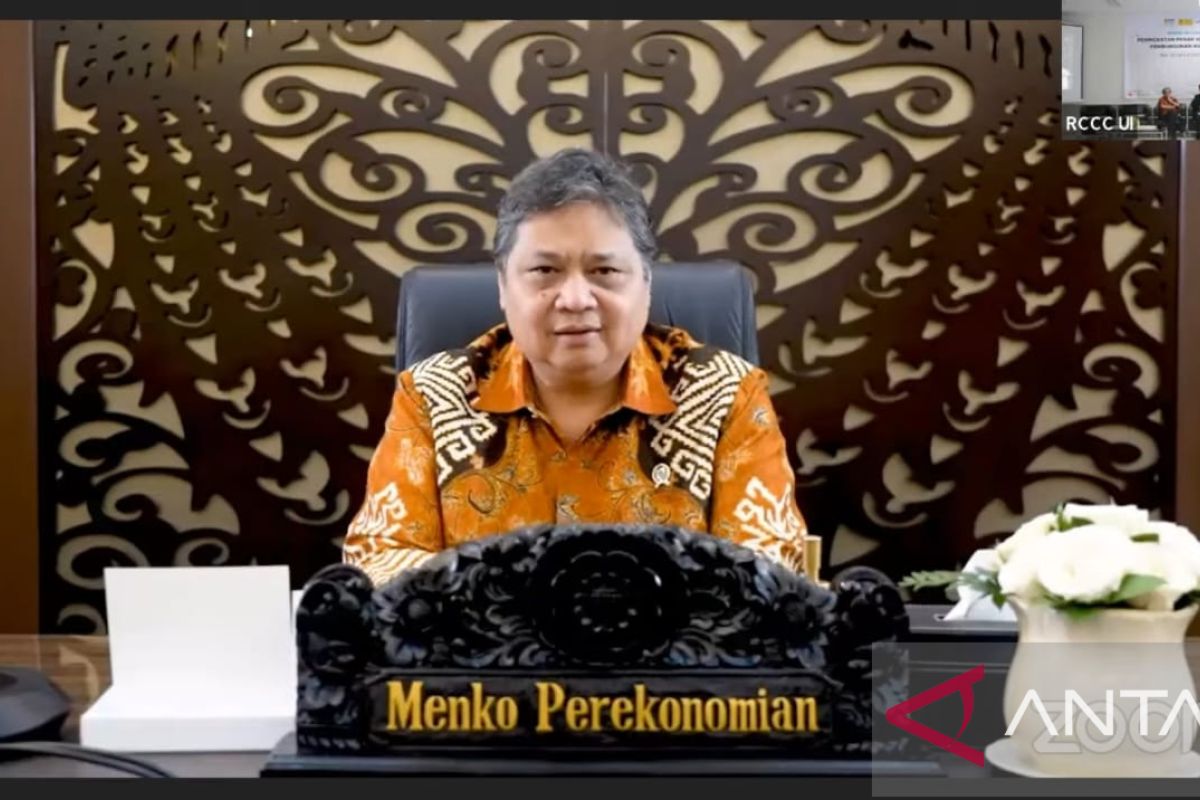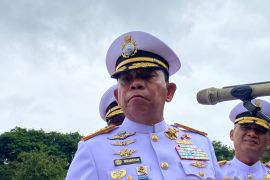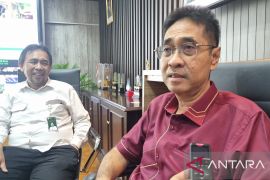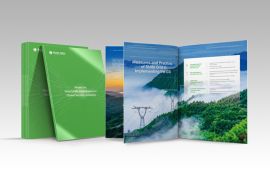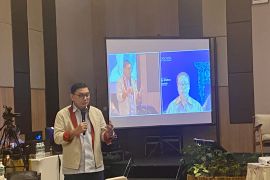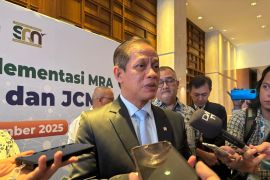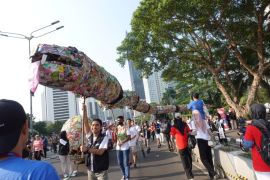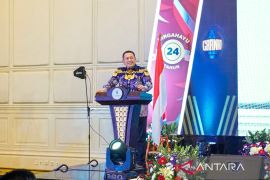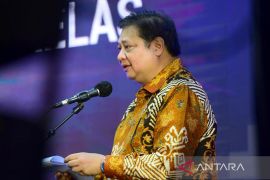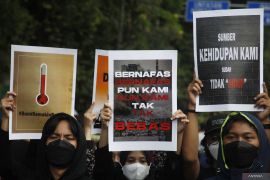"Within the framework of the 2030 SDGs, forests play a role in achieving 10 of the 17 goals, especially in economic growth, industry innovation, and infrastructure," Hartarto noted during the Institute for Sustainable Earth and Resources (I-SER) webinar, Wednesday.
Forestry development policies are also aimed at providing maximum benefits for people's prosperity while maintaining forest functions.
Forestry sector policies should also comply with the principles of a green economy, so that forest management can be sustainable and contribute to low-carbon economic development.
This principle is adopted through sustainable production and consumption efforts as well as management, protection, and restoration of forest areas to mitigate climate change.
"The government continues to implement the Social Forestry policy that opens up opportunities for communities living around the forest to apply for forest area management rights," Hartarto stated.
The Ministry of Environment and Forestry (KLHK) reported that Indonesia has 125.76 million hectares of forest cover, which is around 62.97 percent of its land area and currently the eighth-largest in the world.
By using forest products according to environment-friendly principles, Hartarto believes that conservation goals can be aligned with improving the people's welfare.
"I also hope that synergy and collaboration of all stakeholders can be beneficial for sustainable and competitive forestry management in Indonesia," Hartarto stated.
Related news: Ministry lauds sentence imposed against tree loggers in national park
Related news: Ministry reveals illegal trade of black-capped lories in South Papua
Related news: Environment Ministry to set aside 6.63% of budget as reserve
Translator: Sanya Dinda Susanti, Katriana
Editor: Anton Santoso
Copyright © ANTARA 2023
